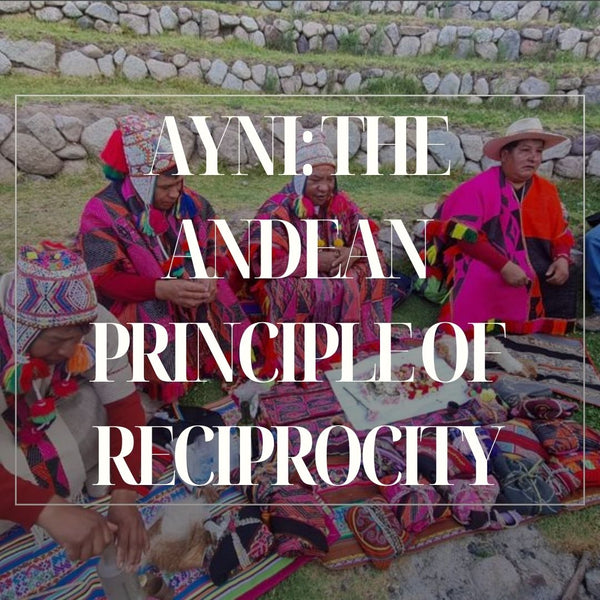When you hear the word “vulnerable,” do you shudder? Most of us view vulnerability as a weakness, a liability. We build walls to keep others from seeing our vulnerable spots – but in the process, we also block ourselves from experiencing compassion and connection, according to “researcher-storyteller” Dr. Brene Brown.
In her TEDTalk , Brown discusses the concept that while vulnerability is the birthplace of shame, it is also the core for compassion. While studying interpersonal connection, which “is what gives purpose and meaning to our lives,” Brown said, she found that the same people who described vulnerability as “excruciating” as she interviewed them were those who also expressed shame – the fear that their “I’m not [fill in the blank]” enough weakness somehow would make them unworthy of connection if people found out about it. Ironically, it is this very fear of disconnection that keeps people from connection.
“In order for connection, we have to let ourselves be seen – really seen,” Brown said. However, on the flipside, Brown also found that those individuals with a strong sense of connection fully embraced vulnerability, believing that what made them vulnerable made them beautiful. The connected individuals discussed vulnerability in a matter-of-fact manner, neither being something to seek out or to fear. Brown refers to this sense of living as “wholehearted,” embracing both weakness and strength as critical components that make each individual who they are.
So what makes the core difference between those who were connected and those who weren’t?
After six years of study, involving hundreds of interviews and focus groups, Brown found that people with a strong sense of worthiness and belonging differed from those who struggled from that sense only on one point: they believed they were worthy of love and belonging. In other words, the only thing keeping people from love and connection was their own beliefs on their worthiness of that love and connection.
According to Brown, these whole-hearted individuals lived with three commonalities:
- Courage to be imperfect and to tell the story of who they were with their whole hearts;
- Compassion to be kind to themselves first and then to others; and
- Connection as a result of authenticity, willingly letting go of who they thought they should be to become who they were.
“I know that vulnerability is kind of the core of shame and fear and our struggle for worthiness, but it appears it’s also the birthplace of joy, of creativity, of belonging, of love,” Brown said.
So how do we join the ranks of the wholehearted? Here are Brown’s suggestions:
- Avoid the impulse to numb vulnerability through food, drugs, debt, or any other surface distractions. “The problem is… that you cannot selectively numb emotion,” Brown said. “You can’t numb the hard feelings without numbing the assets” like joy, gratitude, and happiness.
- Stop trying to make certain that which is uncertain by the nature of life. We live in an uncertain world yet try to pin things down to be concrete or sure, and Brown said that increases the cycle of shame, as fear leads to shame of being vulnerable.
- Let go of the drive toward perfectionism, especially in when raising children. “As parents… our job is to look and to say ‘You know what? You’re imperfect and wired for struggle, but you are worthy of love and belonging.’”
- Take responsibility for actions instead of pretending they don’t affect others. Admitting a mistake can be difficult, but it’s necessary in order to connect.





